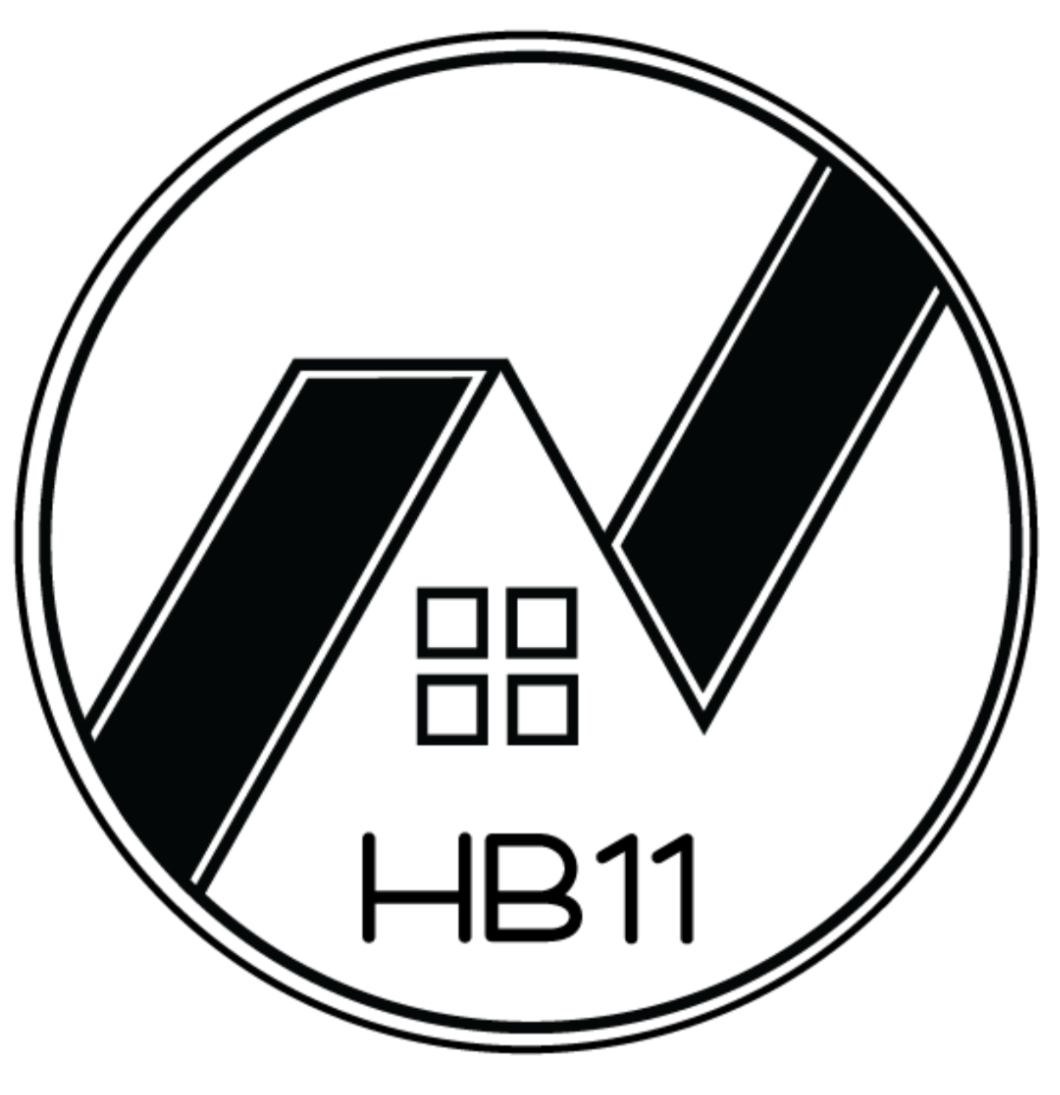Thanks for contacting me about your interest in becoming an organizer. There are many people interested in this profession, which is great! I have loved being an organizer and love seeing people happy in their careers.
I wanted to take the time to answer the most frequently asked questions I get from people and give you some resources for looking into this as a career.
-
There is definitely a difference between enjoying organizing your own home and doing it as a profession. It’s a fabulous job, and one I genuinely love—but just know that doing your own house and doing this for work is a very different experience. I always suggest that you get some practice in what it might be like to be an organizer by volunteering doing some other homes—family or friends.
It’s also very important to develop an organizing philosophy. It’s important to have a plan and a method that you can use when you go into someone’s home if you plan to do this as a profession. I chose the KonMari Method™—there are many methods from which you can choose. If you are serious about this as a business, do some research into various methods available and decide what works best for your brain!
Much of professional organizing is essentially therapy, so practicing your listening skills and empathy is key. Many people who are disorganized have depression and/or anxiety, and there might be other issues underlying, so being prepared that it’s not really just organizing a closet, but being able to understand what’s behind it that is critical.
Understanding how people get disorganized is key to helping get them organized. Also—understanding that the client makes the decisions about what stays and goes—that just because you don’t understand the value of the item, and don’t understand why they would want to keep it, doesn’t mean you should push for it to go away. Being understanding and kind is incredibly important in this job.
-
Your schedule can indeed be flexible as an organizer—but if you want to make this a profession, and want to earn a regular and semi-steady income, flexible might be defined as evenings and weekends! I often work 6 days a week (sometimes 7) to accommodate clients. This is certainly my choice—there are many organizers that choose only to work during workdays, and regular hours. You just need to define what your income needs are and then you can define what your flexibility can be.
-
Yes! I love it!! It’s been such an amazing career for me for the past five years and I wouldn’t change a thing. I do tell people that it does take a lot of work and energy and effort—it’s not magic—so you need to be ready for the hard work of entrepreneurship, but it’s SO worth it to be able to help people.
-
I certainly appreciate the offer, that is very kind. Unfortunately, my schedule is packed with organizing clients, and business coaching clients, and I do get a lot of requests like this.
I do have some options for you via two organizations I do business coaching for—two different programs designed to help people launch and grow their organizing businesses. Both of these are open for enrollment via the links below!
Inspired Organizer® from Pro Organizer Studio
This program contains every single piece of information on how to start an organizing business!
If you want to learn how to organize with clients, I teach a program called Organizing Essentials which teaches you how to do this. Link to join that program is HERE.
Within the course of a little over one year, I had enough clients to become one of the top 75 KonMari organizers on the globe, so I give you all the tips and tricks I learned on how to gain clients and be successful.


